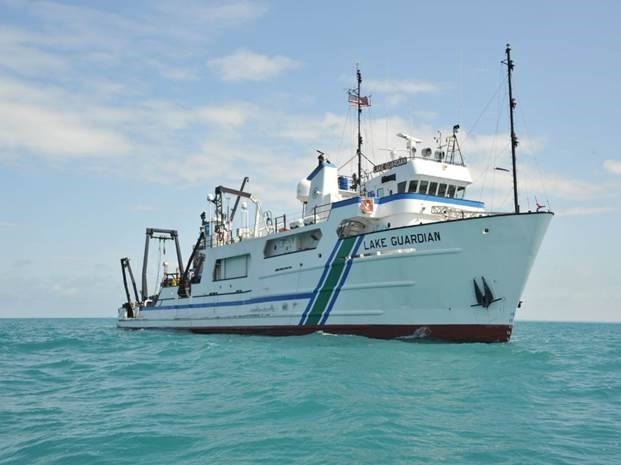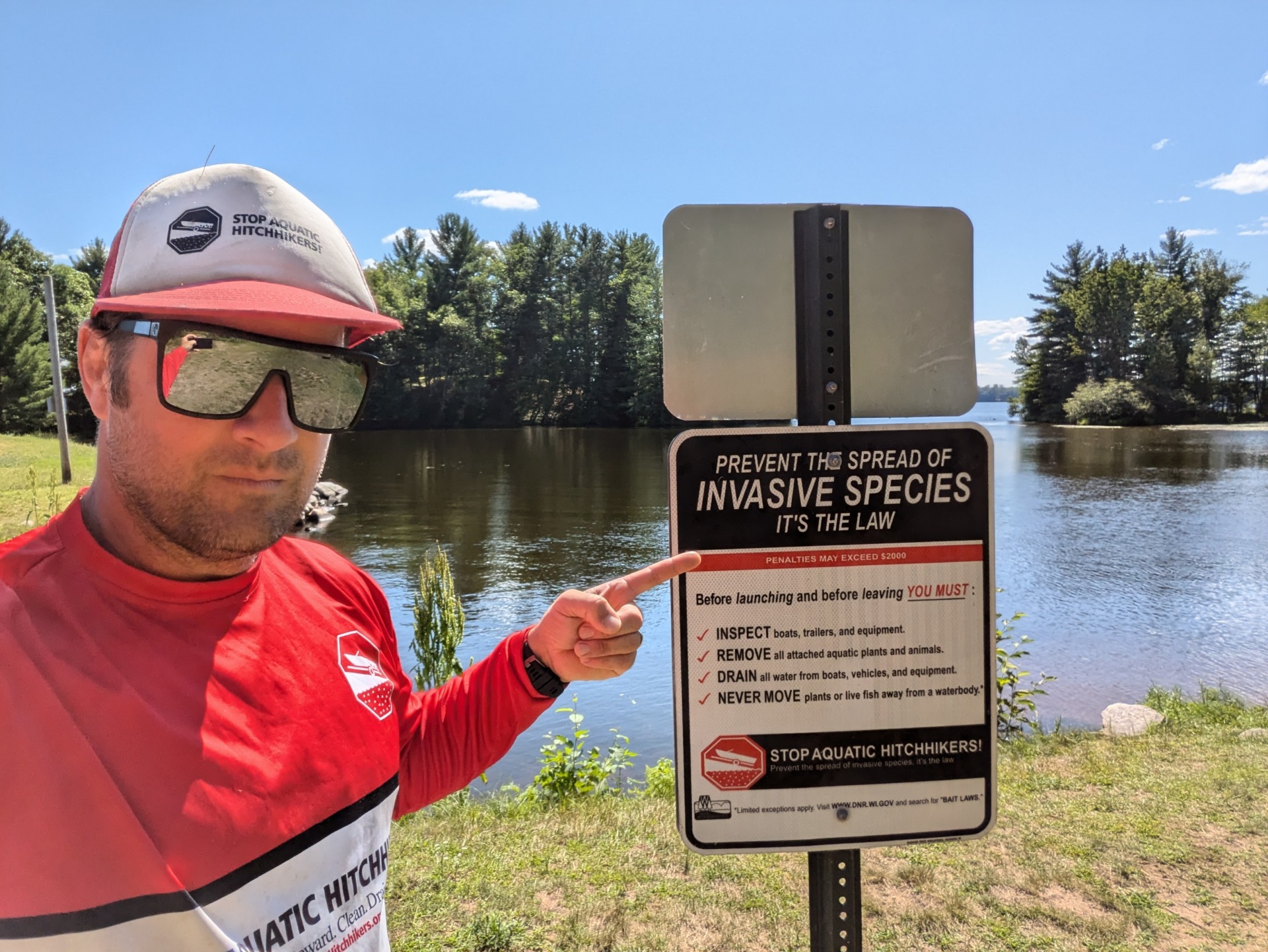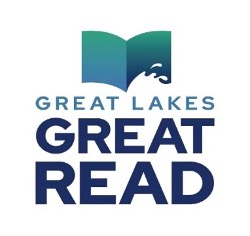
U.S. EPA’s research vessel Lake Guardian (EPA Photo).
Alina Prahl, Jamie Lauer, and Robert Fish will join Center for Great Lakes Literacy (CGLL) staff and Great Lakes scientists to work aboard the EPA research vessel Lake Guardian for a week and bring Great Lakes knowledge and information back to their classrooms. The expedition is July 7-13, 2025.
Alina Prahl is the program manager at Riveredge Nature Center in Saukville. She oversees all family and community educational programming at the center as well as teaches environmental education for school, summer, evening, and weekend groups.
“I’m extremely excited about the opportunity to travel around and get a better understanding of Lake Michigan and the Great Lakes, as well as explore the underwater archaeology and history of Lake Michigan,” said Prahl. “So much of what we will learn is pertinent to what we do here so I’m looking forward to incorporating that into our water programs at Riveredge.”
Jamie Lauer is a chemistry teacher at Hartford Union High School. She teaches Introductory Chemistry, AP Chemistry, and Forensic Science to 9-12 graders. After studying coral reef and urchin restoration in Puerto Rico, Jamie is looking forward to doing local research, especially in a chemistry lab aboard a moving ship.
“I’m also very excited about the maritime archaeology experience,” said Lauer. “The fact that this is the first kind of research being done in Lake Michigan is very interesting, and I can’t wait to share the experience with my students.”
Robert Fish is a Tribal Engagement Coordinator at UW-Green Bay. He works with tribal schools to develop, promote and integrate education programs around wetlands, estuaries, and coastlines, connecting those water science programs with Wisconsin First Nation history, culture, and sovereignty.
“I’m really looking forward to doing scientific research that can directly impact our understanding of the tribal history and presence in the Bay of Green Bay and also the Great Lakes in general,” said Fish. “With some of the lakebed mapping efforts happening through this project, we could find indigenous sites, which could bring what many consider ancient tribal history into a contemporary light.”
Through a partnership with the EPA Great Lakes National Program Office, NOAA, and with funding from the Great Lakes Restoration Initiative, educators will spend a full week alongside researchers aboard the Guardian. Hosts for the Lake Michigan expedition are CGLL partners Illinois-Indiana Sea Grant and Wisconsin Sea Grant.
The Shipboard Science Immersions are designed to promote Great Lakes sciences while forging lasting relationships between Great Lakes researchers and educators. CGLL is a collaborative effort led by Sea Grant educators throughout the U.S. Great Lakes watershed. CGLL fosters informed and responsible decisions that advance basin-wide stewardship by providing hands-on experiences, educational resources, and networking opportunities promoting Great Lakes literacy among an engaged community of educators, scientists, and youth.
For more information on the 2025 Shipboard Science Immersions visit the Center for Great Lakes Literacy website.
# # #
The University of Wisconsin Aquatic Sciences Center administers Wisconsin Sea Grant, the Wisconsin Water Resources Institute, and Water@UW. The center supports multidisciplinary research, education, and outreach for the protection and sustainable use of Wisconsin’s water resources. Wisconsin Sea Grant is one of 34 Sea Grant programs supported by the National Oceanic and Atmospheric Administration in coastal and Great Lakes states that encourage the wise stewardship of marine resources through research, education, outreach, and technology transfer.





